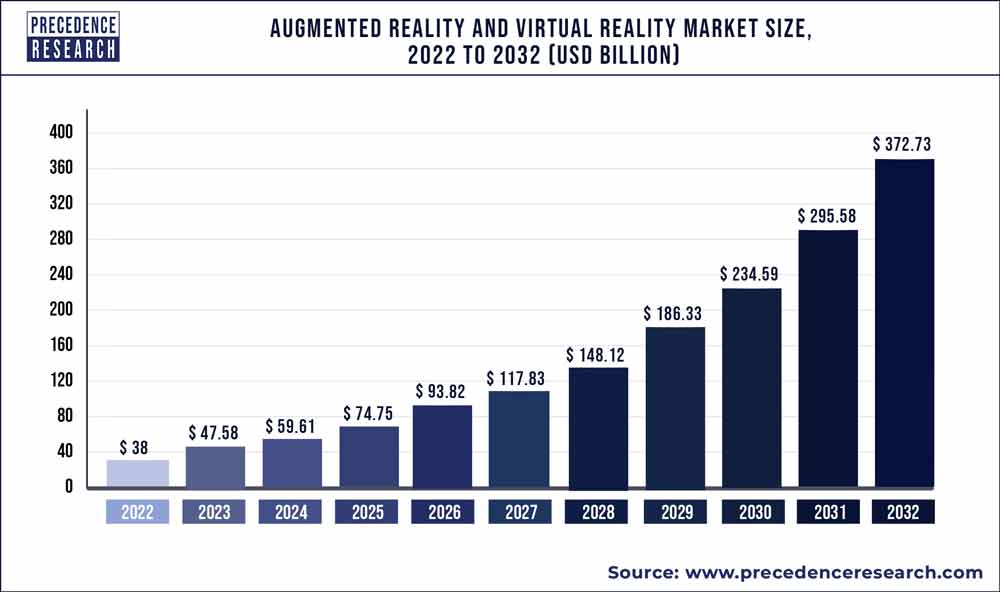
Charlotte Witnesses Surge in Electric Vehicle Sales Driven by Infrastructure ExpansionCharlotte Witnesses Surge in Electric Vehicle Sales Driven by Infrastructure Expansion The city of Charlotte, North Carolina, has emerged as a hub for electric vehicle (EV) adoption, spurred by a significant increase in EV sales and a concerted effort to expand charging infrastructure. According to data from the Charlotte Regional Transportation Planning Organization (CRTPO), EV sales in the Charlotte metropolitan area skyrocketed by 45% in 2023 compared to the previous year. This surge outpaced the national average growth rate of 28%, indicating the growing popularity of EVs in the region. One key factor contributing to the increase in EV sales has been the city’s investment in charging infrastructure. In recent years, Charlotte has installed over 500 public EV charging stations, making it one of the most accessible cities in the southeastern United States for EV owners to charge their vehicles. “The expansion of our charging network has made it easier and more convenient for residents and visitors to own and operate electric vehicles,” said Charlotte Mayor Vi Lyles. “We are committed to creating a sustainable transportation future for our city, and the growth in EV adoption is a testament to our progress.” In addition to public charging stations, there has also been a surge in investment in private residential and commercial charging infrastructure. Many apartment complexes, office buildings, and businesses are now offering dedicated EV charging spaces for their occupants and customers. The growth in EV sales and charging infrastructure has been supported by a number of initiatives from local government and utility companies. The CRTPO has launched several programs to provide incentives for EV purchases and charging station installations. Duke Energy, Charlotte’s primary electric utility, offers rebates and other financial assistance to customers who purchase EVs and install home charging systems. “We are seeing a fundamental shift away from gasoline-powered vehicles and towards electric vehicles in Charlotte,” said John Church, president of Duke Energy Carolinas. “We are committed to supporting this transition and ensuring that our customers have access to the infrastructure and resources they need to make the switch to EVs.” The surge in EV adoption in Charlotte has numerous benefits for the city and its residents. By reducing reliance on fossil fuels, EVs help to improve air quality and mitigate climate change. Additionally, EVs are more cost-effective to operate than gasoline-powered vehicles, saving drivers money on fuel and maintenance costs. As Charlotte continues to invest in EV infrastructure and promote their adoption, the city is well-positioned to lead the Southeast in the transition to a sustainable transportation future.
Posted inNews